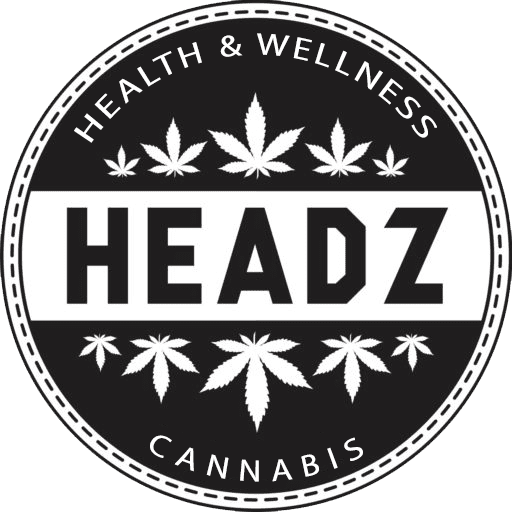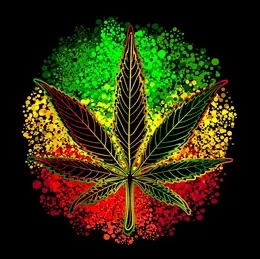The world came to know of the Rastafari movement through music. Reggae, in particular, burst beyond its Jamaican origins to spread the Rastafari ideals of peace, positivity and social justice throughout the world. When you hear reggae perhaps you think of famous artists like Bob Marley, however there were many other musicians who have influenced the perception of the Rastafari and Reggae over the years.
Of all the reggae artists,
Bob Marley had perhaps the most profound impact. Think of “
One Love” (1965 & 77) which spoke of peace and unity, or “
Get up, Stand up” (1973) which was a rallying call for social justice, to name just a couple of his international hits.
Marley did not shy away from difficult, political subjects or spirituality or, as is often the case for the Rastafari — a fluidity between the two. The lyrics of Marley’s protest song “
War” (1976), calling for world peace and an end to racial discrimination, was almost a direct transcription of a speech given by Ethiopian Emperor Haile Selassie I to the United Nations General Assembly in 1963. Selassie is an
important figure for Rastafari, seen as the incarnation of God returned to earth to deliver Africa and the African diaspora from oppression. The song combines politics and the divine to deliver its potent message for peace.
The Harder They Come
The Harder They Come (1972)
There were, of course, other reggae artists as well that were influential in bringing awareness of Rastafari to the world stage. The 1972 film, “
The Harder They Come”, was brutal in its raw honestly of life in Jamaica’s ghettoes, and featured a selection of classic reggae to drive the point home. One of them, “
Rivers Of Babylon” by the Melodians (1970), was taken from Psalm 137 — a Psalm that expresses the sorrow of the Jewish people exiled from Jerusalem after the Babylonian conquest in 586 BC. In the
Rastafari language , Babylon is the term for oppressive systems such as the government or colonialism. The Rastafari consider themselves to be exiled from their African Homeland (Zion), and living under a repressive system. The film conveys the type of oppressive, difficult living conditions for blacks in Jamaica that gave rise to the
Rastafari movement in the first place, and the reggae music speaks to the longing for freedom that is at the heart of Rastafari.
Musical Experimentation, Ska and Reggae
Bob Marley and the soundtrack of “The Harder They Come” contributed to the association of reggae with Rastafari, but reggae is not, strictly speaking, a Rastafari genre of music. Reggae, as a musical style, is the result of a mash of influences. In the 1950s, Jamaica was caught up in a ferment of musical experimentation. Traditional Jamaican music from rural areas, joined with the more urban American styles of polyrhythmic dance and blues to create a uniquely Jamaican style of R&B, called ska. Reggae, as a musical style, emerged out of ska, when Count Ossie, a Jamaican musician and Rastafari, incorporated Rastafari type drumming into the mix.
Count Ossie
As such, Count Ossie (1926-1976) played a pivotal role in the birth of reggae and its connection to Rastafari. Count Ossie’s song “
Oh Carolina” (1960), is considered by some to be the first true reggae pop song. It incorporates a variation on the drumming styles that are used in Rastafari ceremonies such as on
Grounation Day on April 21, and
nyabinghi ceremonies. Drumming represents the Rastafari origins and the voice of Jah (God). Drumming and chanting along with ganja (cannabis) are used to reach states of heightened spirituality and are central to the Rastafari practices.
Roots Reggae
Since Bob Marley, reggae has progressively been assimilated by mainstream pop culture, and is produced and heard in every part of the world. The songs that relate to Rastafari, its spirituality and the lives of the African diaspora are contained within a sub-genre of reggae called
roots reggae. Artists such as Garnett Silk (died in 1994), Luciano, Junior Kelly, Morgan Hertitage, Anthony B and Sizzla continue to spread the Rastafari message through reggae.
Rastafari and Reggae References:
https://www.fremeaux.com/index.php?option=com_virtuemart&page=shop.livrets&content_id=7466&product_id=1471&category_id=128
https://theconversation.com/reggaes-sacred-roots-and-call-to-protest-injustice-99069
http://www.important.ca/rastafari_reggae_music.html

